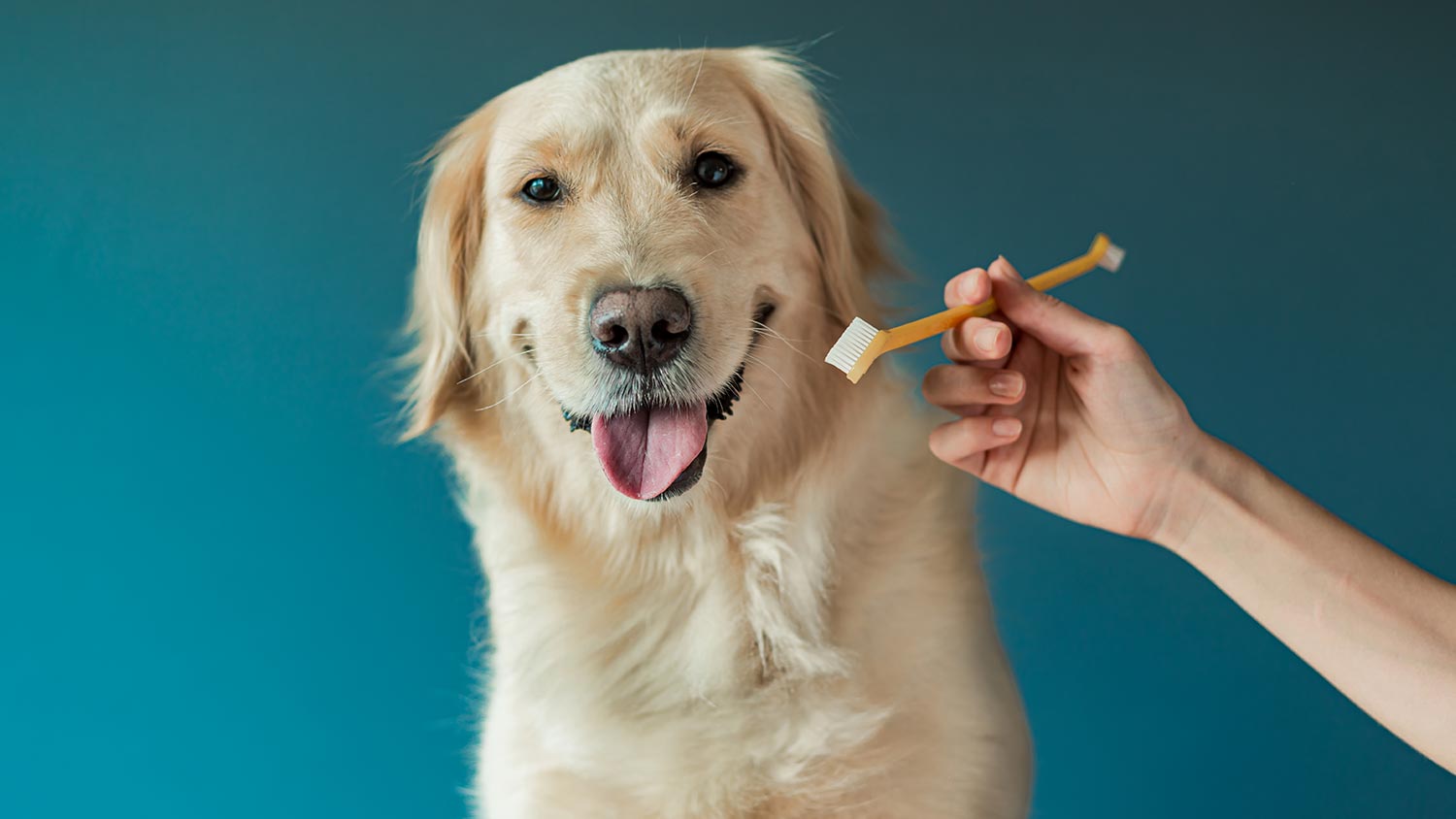UBEEQUEE Dog Grooming Tips – Teeth
With the ongoing restrictions facing the nation, there’s no better time to get on top of your dog’s grooming. Today we are going to look at our top tips for keeping your dog’s teeth clean and healthy.
UBEEQUEE DOG GROOMING TIPS Teeth
Why?
It’s important to clean your dog’s teeth. Much like us humans, dogs with poor dental hygiene can face a whole host of problems such as:
- Bad breath
- Plaque and tartar build-up
- Loss of teeth
- Painful and bleeding gums
- Kidney, liver and heart damage
- Aggression or anxiety
How often?
Whilst you should aim to brush your dog’s teeth every day, this may not be manageable for everyone, and some dogs simply won’t let you. Try and brush them at least once a week.
Using what?
You’ll need a toothbrush and toothpaste to clean their teeth.
A toothbrush with a soft bristle is best for small dogs, whilst you can use an adult sized toothbrush with medium sized bristles for bigger dogs.
Poultry or malt toothpastes are the best and safest toothpastes to use, as they are not harmful when swallowed. Coconut oil is a great natural option which dogs seems to love.
Human toothpastes should not be used and can be harmful.
How?
Try to introduce your dog to brushing their teeth from a young age. It is a sensation they may find strange at first, but should get used to easily. It also helps to do it after a walk or in the evening, as the more tired and calm they are, the more likely they are to sit still.
Put some toothpaste on a dampened toothbrush and let your dog investigate it. Encourage them to taste the toothpaste and put the toothbrush in their mouth.
When your dog seems comfortable with you putting your finger under its top lip, you can begin brushing the outer surface of their teeth in a circular motion, with the bristles angled at 45 degrees towards the gum line.
We recommend starting with the side teeth and slowly making your way towards the front teeth, as they find this area more sensitive. You only need to brush the outside area of their teeth, as their tongues will naturally clean the inside.
Give your dog plenty of praise and treats before, during and after the procedure.
Alternative options
If your dog is reluctant to let you brush their teeth, fear not, there are other options available to you:
- Dog chews – most dog chews have teeth cleaning properties. The act of chewing scrapes off plaque from your dog’s teeth.
- Fresh herbs – fresh herbs such as mint, parsley and coriander can aid your pup’s oral hygiene and improve their smelly breath.
- Probiotics – probiotics have been proven to prevent sulphur-producing bacteria from breeding in your dog’s mouth, resulting in a reduction in dental plaque.
Whilst good dental hygiene is important for dogs, only brush their teeth if you feel confident in doing so. Do not attempt to brush your dog’s teeth if you feel as though it may hurt them or they will bite you.



